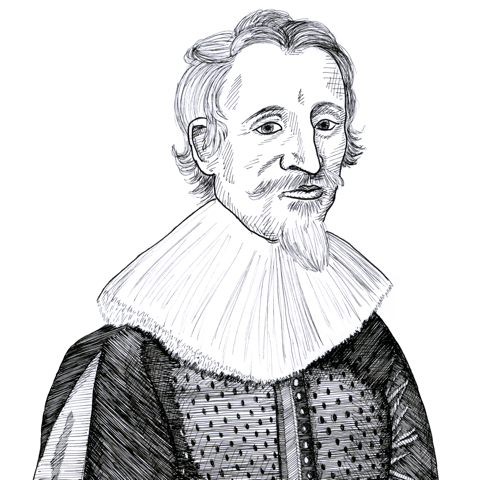
Hugo Grotius on the natural sociability of humans (1625)
Found in: The Rights of War and Peace (2005 ed.) vol. 1 (Book I)
The Dutch legal philosopher Hugo Grotius (1583-1645) believed that human beings were by nature sociable creatures and that the purpose of natural rights, especially the right of property, was to enable them to live together in peace and prosperity:
Property Rights
Now amongst the Things peculiar to Man, is his Desire of Society, that is, a certain Inclination to live with those of his own Kind, not in any Manner whatever, but peaceably, and in a Community regulated according to the best of his Understanding… This Sociability, which we have now described in general, or this Care of maintaining Society in a Manner conformable to the Light of human Understanding, is the Fountain of Right, properly so called; to which belongs the Abstaining from that which is another’s, and the Restitution of what we have of another’s, or of the Profit we have made by it, the Obligation of fulfilling Promises, the Reparation of a Damage done through our own Default, and the Merit of Punishment among Men.